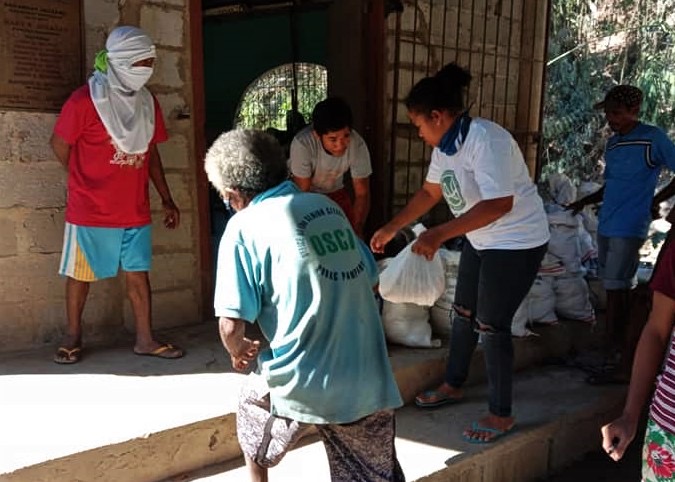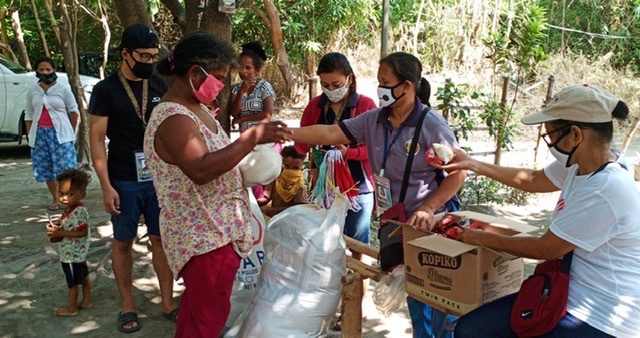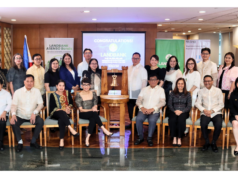CITY OF SAN FERNANDO – The National Commission on Indigenous Peoples in partnership with national government agencies, LGUs, and civil society groups conducted relief assistance in IP communities in Zambales and Pampanga.
A total of 11,920 IP households were provided with food and hygiene packs in Zambales by the NCIP-led team that also included the Lyceum of the Philippines University Manila and the Assisi Foundation Development, Inc.
“Zambales is home to most of the IPs in Central Luzon and our offices there faced a daunting task of coordination, information dissemination and delivery of basic services particularly food at the onset and during the enhanced community quarantine period,” NCIP regional director Ruben Bastero underscored the significance of the relief mission.

“To date, relief operations are being conducted and our provincial office and community service centers in Cabangan and San Marcelino are continuously coordinating information and logistics to and from all indigenous cultural communities despite the limitation in human and economic resources,” Bastero reported.
In Pampanga, some 2,450 IP households benefitted from the relief drive conducted by various government institutions in partnership with the NCIP.
“The NCIP Community Service Center located in the municipality of Floridablanca was able to respond to the emerging needs and situations of the indigenous cultural communities within its area of responsibility which covers the municipalities of Floridablanca and Porac and the City of Angeles,” Bastero said. “They coordinated with concerned local government units for the delivery of immediate needs such as food and water amid the Covid-19 pandemic.”
The Department of Social Welfare and Development and Clark Development Corp. distributed food and non-food items in the Pampanga relief operations.
“The provincial social welfare and development office assisted the IPs severely affected by the community quarantine in all their necessary medical and transportation needs,” added Bastero.
In Nueva Ecija, the NCIP and its partner agencies provided food and non-food relief items to 5,574 IP households of mostly the Kalanguya and Dumagat tribes.
Migrant IPs such as the Ibaloi, Kankana-ey, Ayta, Ifugao, Bag-o and Applai were also served.
The NCIP head hailed community leaders and indigenous peoples’ mandatory representatives for their “significant role in monitoring and reporting of situations and relevant information to ensure that goods are continuously being delivered to the IP communities.” – with Carlo Lorenzo J. Datu/PIA-3





